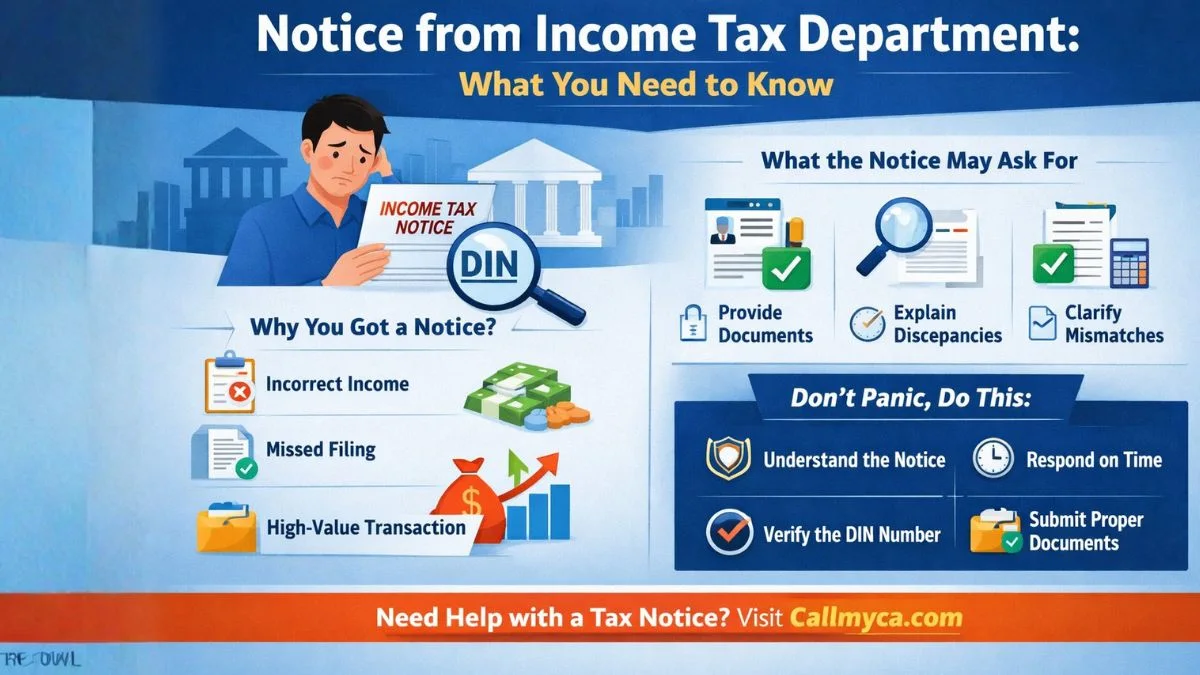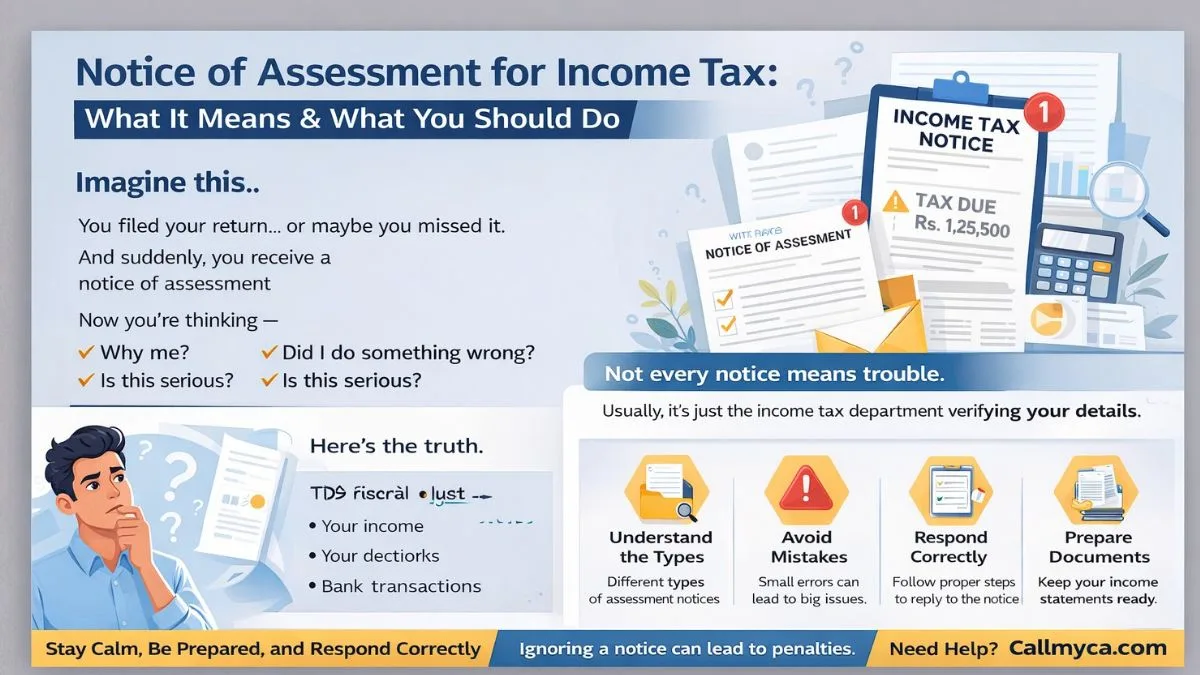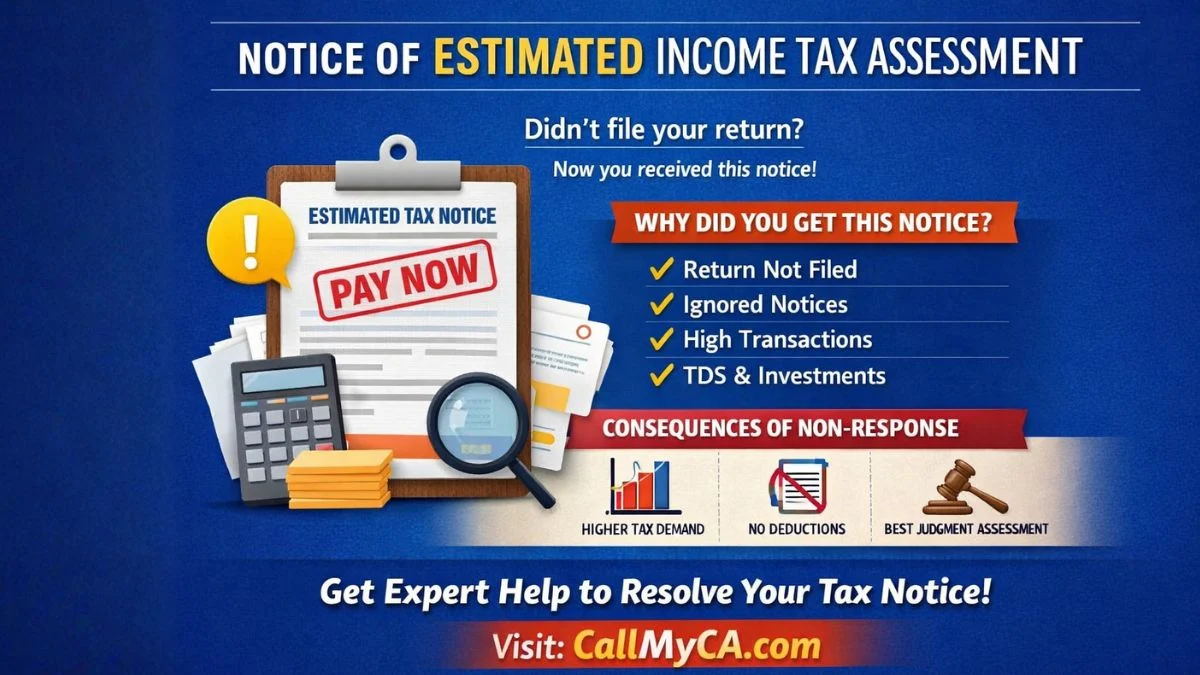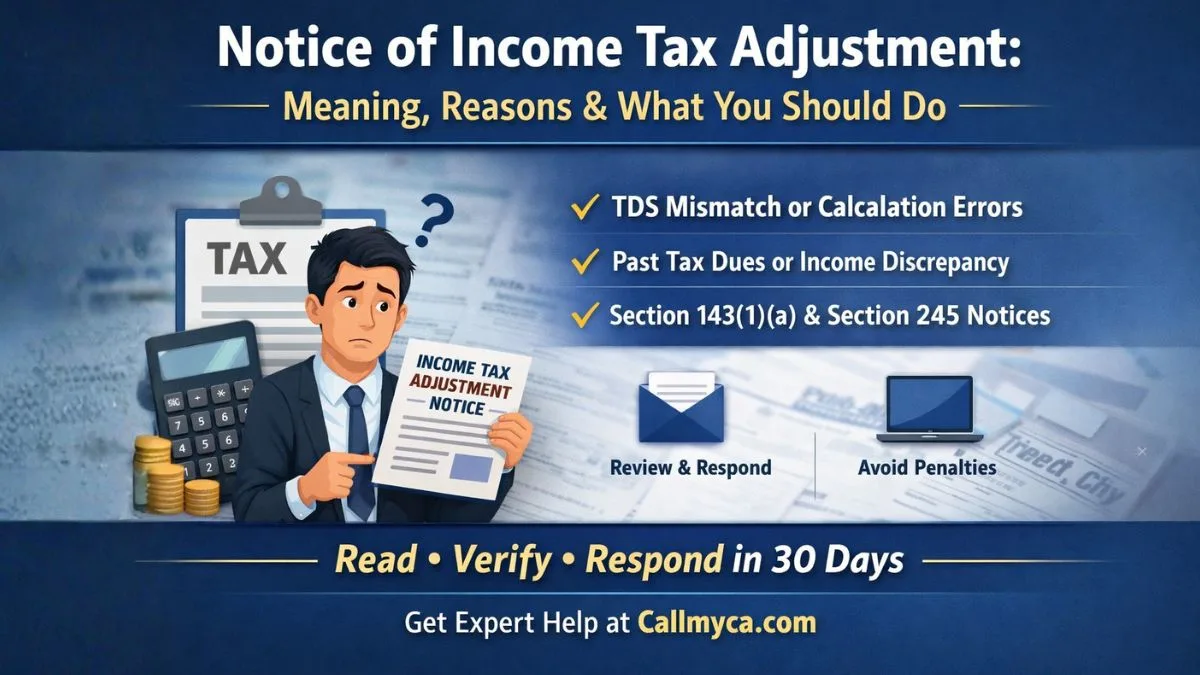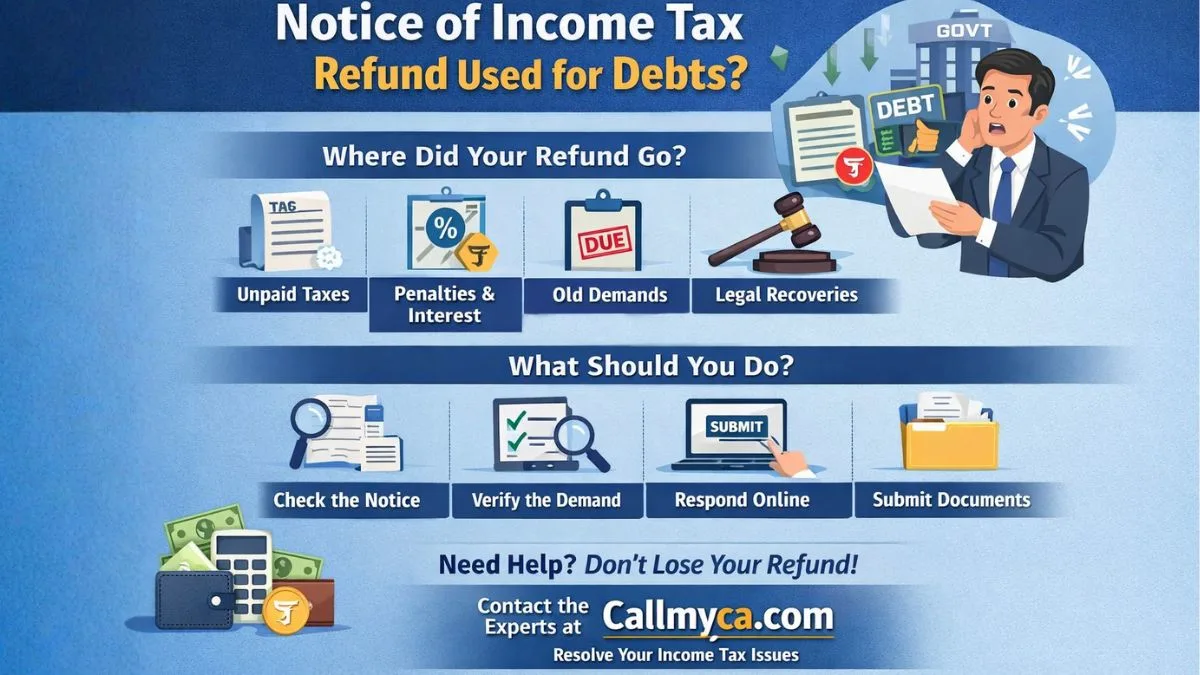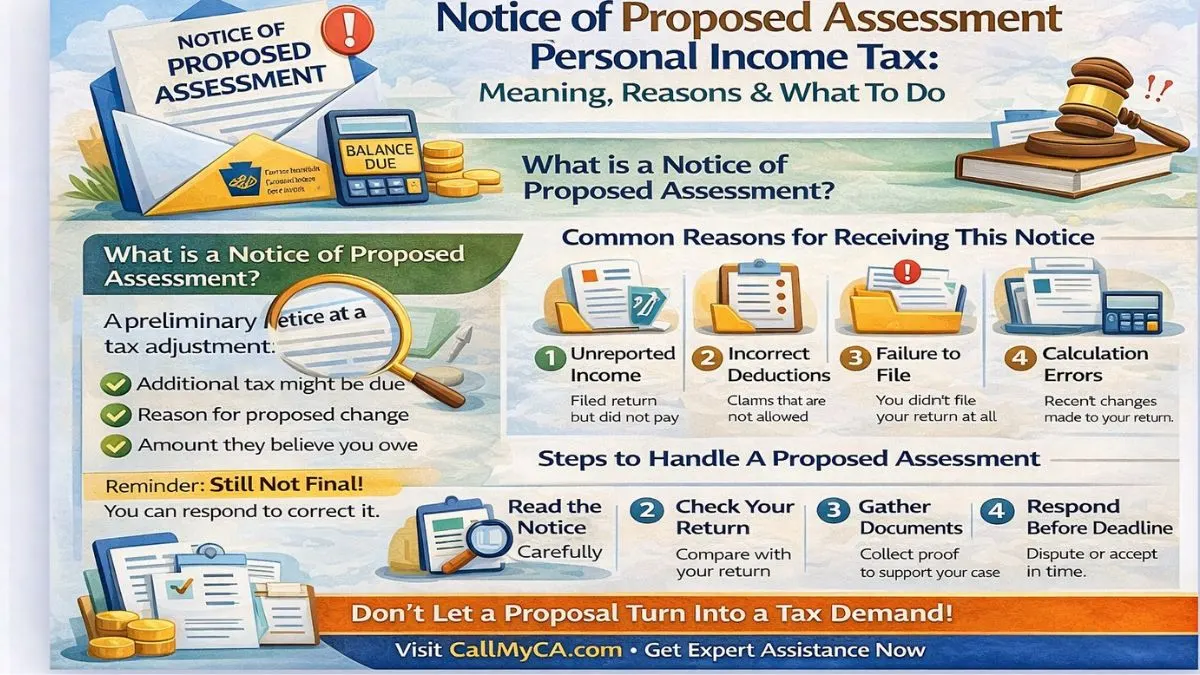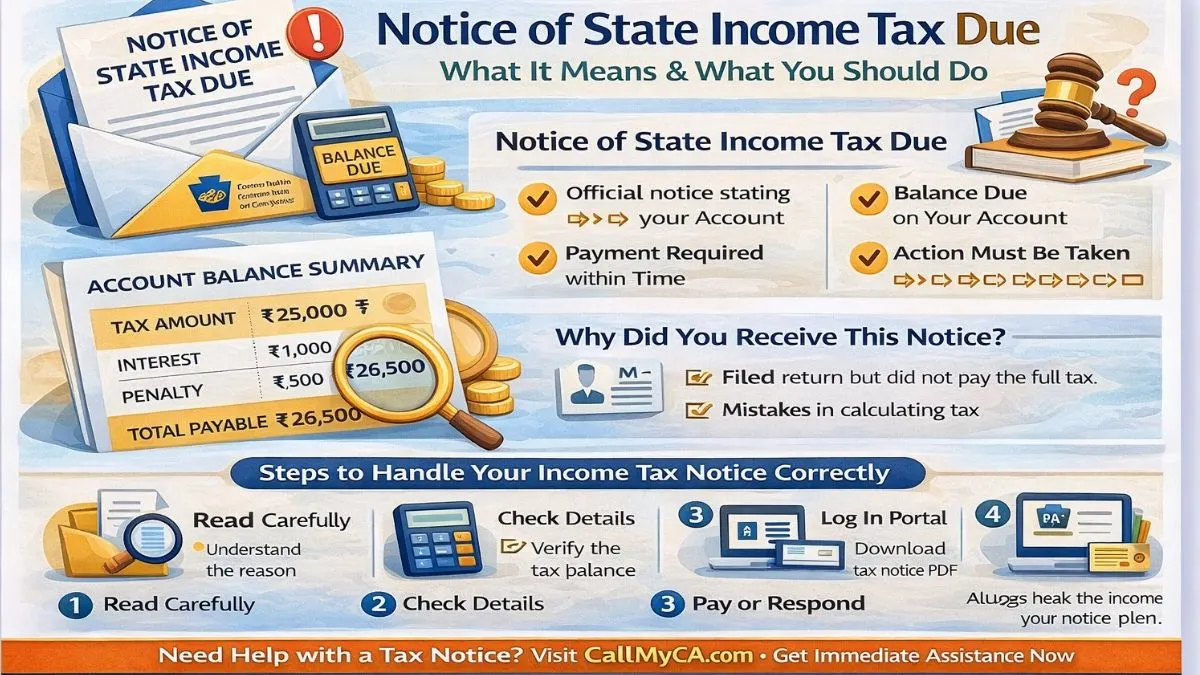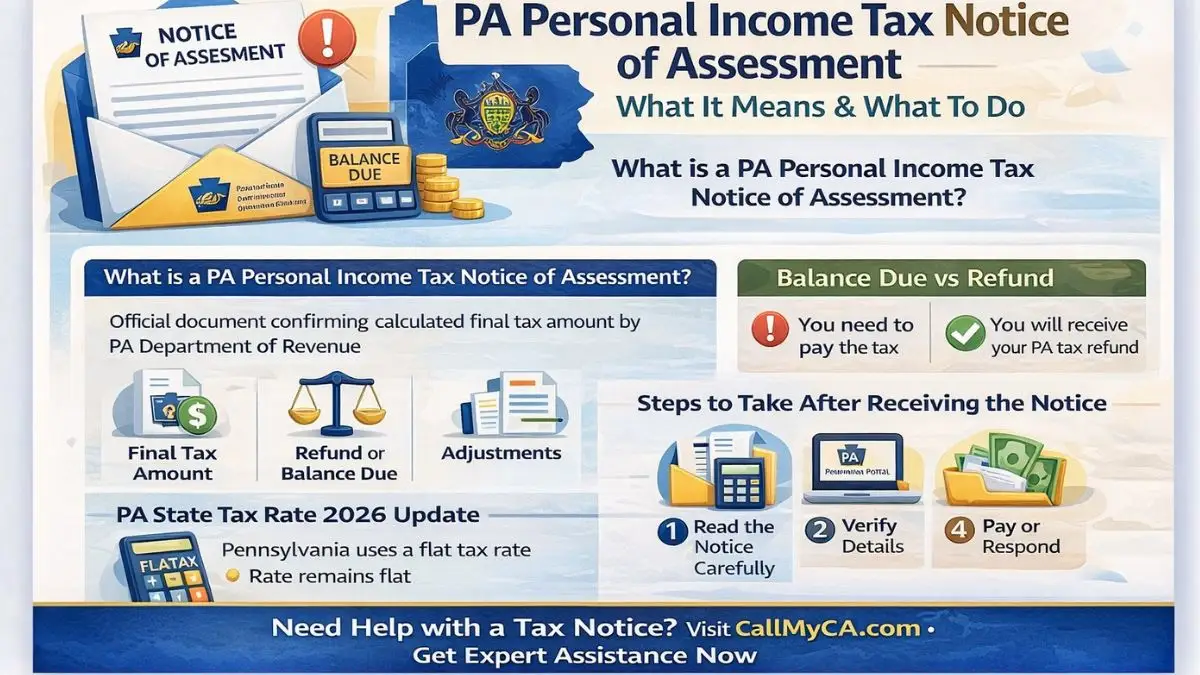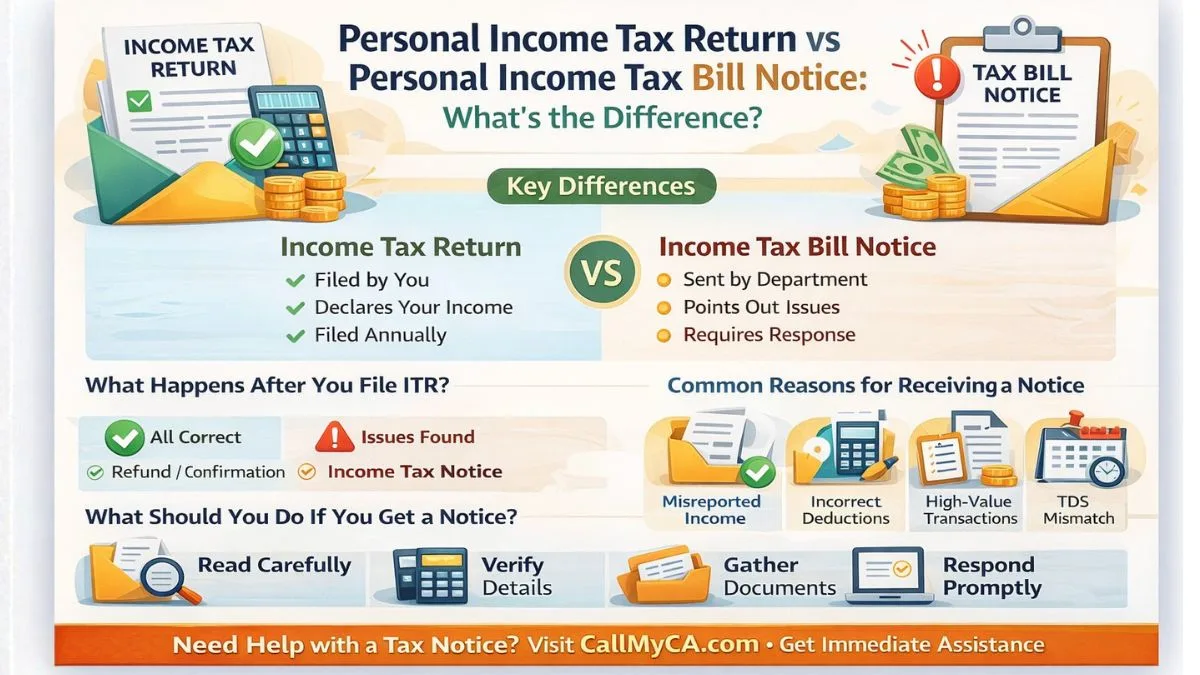
Filing your income tax return (ITR) late may feel like a minor slip-up, but under the Income Tax Act, it can cost you more than just a delay. Section 234A of the Income Tax Act deals specifically with interest for defaults in furnishing a return of income. In simpler terms, if you fail to file your tax return by the due date, you will be charged an interest amount of 1% per month on the amount of unpaid tax.
Let’s break it down for better understanding.
What is Section 234A of the Income Tax Act?
Section 234A provides for the levy of interest when a taxpayer fails to file the income tax return (ITR) by the specified due date. This penalty isn’t a flat fee. Instead, interest is payable by taxpayers for the delay in filing income tax returns.
This section applies regardless of whether you’re a salaried individual, a business owner, or a freelancer. The key factor is the delay in filing.
When Does Section 234A Apply?
You are liable to pay interest under this section if:
- You file your ITR after the due date.
- There is an outstanding tax payable as of the due date.
- Even if you paid taxes but didn’t file the return on time, interest under Section 234A can still apply.
For example, failing to file tax returns by the due date incurs interest penalties, even if your tax liability is small.
How Much Interest is Charged?
Under Section 234A, the interest charged is 1% per month or part of the month. This is calculated on the net tax payable (i.e., total tax liability minus TDS, advance tax, & reliefs, if any).
Let’s say your due date was 31st July & you filed the return on 20th October. That’s 3 months and 20 days. Since even part of the month is counted as a full month, the interest is calculated for 4 months at 1% per month.
No Fee Under Section 234A
Unlike Section 234F, which imposes a flat late fee, there is no fixed fee under Section 234A of the Income Tax Act. However, the interest component can still add up to a significant amount, especially if there’s a high tax payable.
What About Advance Tax?
There’s another angle that many taxpayers miss. If advance tax paid on or before 15th June is less than 12% of the assessed tax, it could trigger additional interest under Section 234A, depending on how the delay in return filing affects the total tax due.
So, even if you're paying advance tax, make sure it's in the right amount and on time to avoid interest under this section. "
Is Section 234A Applicable in All Cases?
This section is not applicable if:
- You have no tax payable at the time of filing the ITR.
- You are due for a refund, & your entire tax is already covered by TDS or advance tax.
In these cases, the delay in return filing doesn’t financially impact the government—hence, no interest is levied under Section 234A.
How to Avoid Section 234A Penalty?
To avoid interest under Section 234A:
- File your ITR on or before the due date (generally 31st July for individuals).
- Make sure your tax liability is fully paid by the due date, even if your ITR filing is delayed for some reason.
- Use online calculators to pre-calculate your taxes & interest in case of delay. "
Real-World Example
Let’s say Ankit, a salaried employee, had a tax liability of ₹40,000 after TDS. He filed his return on 10th November instead of the 31st July deadline.
- Delay = 4 months (August, September, October, part of November)
- Interest = 1% per month on ₹40,000 = ₹1,600 total
Even though ₹1,600 seems manageable, combine this with other sections like 234F (late fee) & 234B/C (advance tax interest), and your penalties start snowballing.
Final Words
Section 234A may look like a small interest charge, but in reality, it adds up, especially for those who tend to delay tax filings. Whether you’re a salaried professional, a freelancer, or a business owner, timely filing can save you money & stress.
Need help figuring out your tax dues & penalties under Section 234A?
👉 [Let Callmyca.com handle your ITR filing and avoid late interest—before it piles up.]

